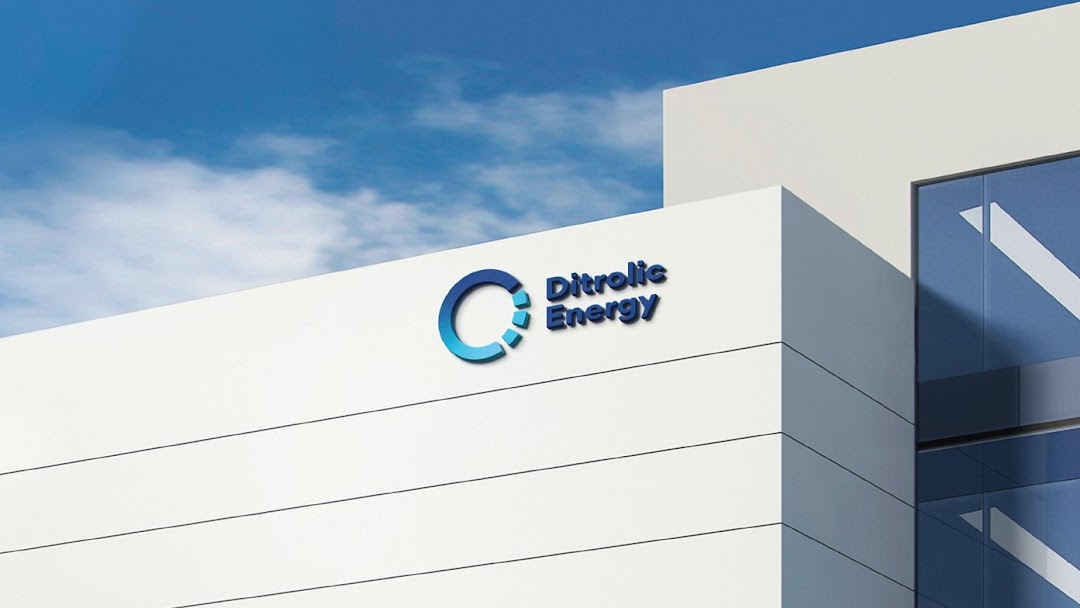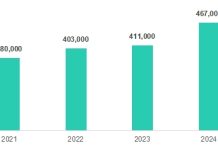BlackRock’s Climate Finance Partnership has entered into an agreement to back regional renewable energy developer Ditrolic Energy, headquartered in Malaysia, to build commercial and industrial (C&I) and utility-scale solar assets throughout emerging markets in Asia Pacific.
Ditrolic Energy holds over 12 years’ experience in solar development and runs a fully-integrated value chain from project development, design and construction through to operations and maintenance (O&M) and asset management.
The partnership seeks to facilitate realisation of Ditrolic Energy’s targeted 1 GW+ pipeline of solar projects in Malaysia, Bangladesh, Indonesia and the Philippines.
The portfolio is expected to eliminate an estimated 2.7 million tonnes of CO2 emissions, while improving access to electricity for some 52,000 consumers and providing jobs for around 3,500 people.
The planned capacity will contribute to Ditrolic Energy’s net zero energy solutions for corporate customers and large-scale solar farms across the region.
This is the third partnership CFP has achieved in Asia, following CleanTech Global Renewables in the Philippines and Chow Energy in Thailand in 2023.
Valerie Speth, APAC Co-Head of Climate Infrastructure, BlackRock, said: “Ditrolic Energy holds a proven solar development track record in this diverse region.
“This partnership aligns well with our existing portfolio which presents an attractive opportunity to mobilize more capital into climate infrastructure in emerging markets and accelerate national ambitions to achieve net zero economies.”
Tham Chee Aun, Founder and Group CEO of Ditrolic Energy, said: “We are committed to playing a key role in Asia’s energy transition. We are grateful for BlackRock’s support, because the investment in Ditrolic Energy enables us to rapidly increase scale and maximize value to support transition to low carbon economies throughout multiple markets.”
Asia Pacific accounts for 40% of the world’s carbon emissions. Countries including Malaysia, Bangladesh, Indonesia and the Philippines have strong power market fundamentals and increasingly pro-renewable regulatory regimes.
The partnership announced today aims to bring about more development, as well as construction of greenfield renewables capacity to support growth in emerging markets:
- Malaysia’s renewable energy generation goal stands at 31% by 2025 and 70% by 2050 under the new National Energy Transition Roadmap (NETR), with an intention to achieve net zero emissions by 2050. The nation’s domestic oil and gas reserves are expected to be depleted by 2029, driving up importation of fossil fuels for power generation, while raising electricity tariffs.
- Bangladesh is expected to reach 30% renewable generation capacity by 2030 and is pivoting towards gas, LNG and renewables, with the aim of generating an additional 2.7GW of renewable energy. This could contribute to about 10% of the new-build pipeline on a capacity basis.
- Indonesia plans to achieve 23% of renewables in its electricity mix by 2025, and at least 31% by 2050, according to its Electric Supply Business Plan.
- The Philippines is aiming for 3.6GW of capacity allocated to commercial operation in both 2024 and 2025, rising to 4.4GW in 2026.
CFP is a unique partnership among BlackRock and the governments of France (AfD), Germany (KFW) and Japan (JBIC) through their respective development finance institutions, as well as leading US impact organisations.
CFP brings together public, private and philanthropic sectors to mobilize significant blended capital into climate infrastructure, targeting investment in non-OECD countries across Asia, Latin America and Africa.
The partnership secured US$673 million in commitments from a global consortium of investors including governments, philanthropies, and institutional investors in an oversubscribed final fundraise, exceeding the initial target of US$500 million.
BlackRock currently manages over US$50 billion of infrastructure client AUM is comprised of infrastructure equity, debt and solutions, and has grown both organically and inorganically since inception in 2011.















